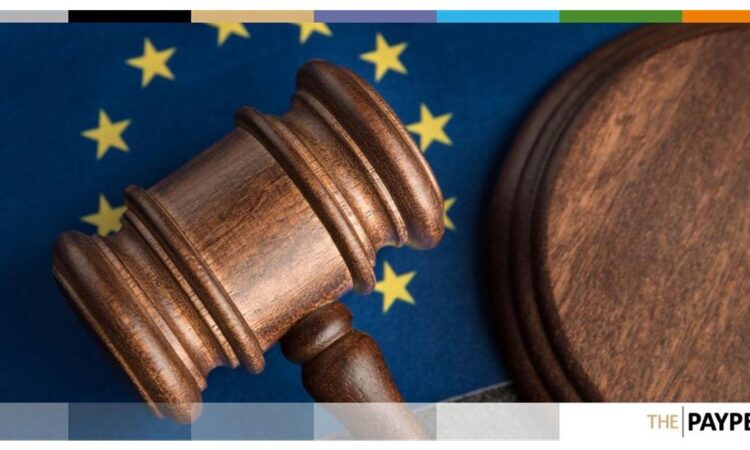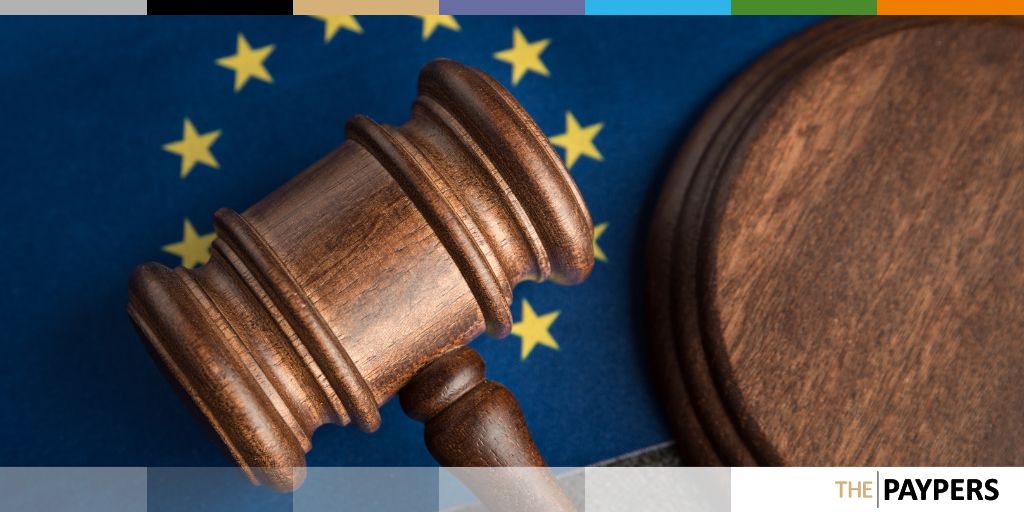
The EU Parliament intends to adopt an additional package of laws that aim to increase money laundering and terrorist financing measures across the region, with the regulations being directed towards large cash payments, crypto firms, and football clubs, among others. Besides developing a unified rulebook for the 27 nations that are included in the European Union, the suite defines an AML authority based in Frankfurt that can supervise the implementation of relevant frameworks, especially for the riskiest entities.

The EU’s approach to AML regulation
At that time, the provisional deal aimed to combat money laundering in the cryptocurrency and luxury markets, while also unifying the EU member states’ approaches to mitigating this issue. The agreement focuses on preventing fraudsters, organised crime, and terrorists from legitimising their proceeds via the financial system. Also, to further deter money laundering activities, the deal intended to introduce an EU-wide maximum limit of EUR 10,000 for cash payments.
Furthermore, the newly introduced measures are set to provide both individuals and entities with legitimate interests, including journalists, media professionals, civil society organisations, and other authorities, access to beneficial ownership information kept in national registries and interconnected at the EU level. Prior to the plenary vote, a joint parliamentary committee voted on the text of the package in March 2024, with the three files being fundamental to the EU’s fight against money laundering.
However, to become law, the EU Council, which includes lawmakers from all member states, is required to formally adopt the package. Also, by implementing the law, the EU Parliament aims to respond to the demands of citizens, which put forward proposals on preventing tax evasion and cooperating on corporate taxation.






